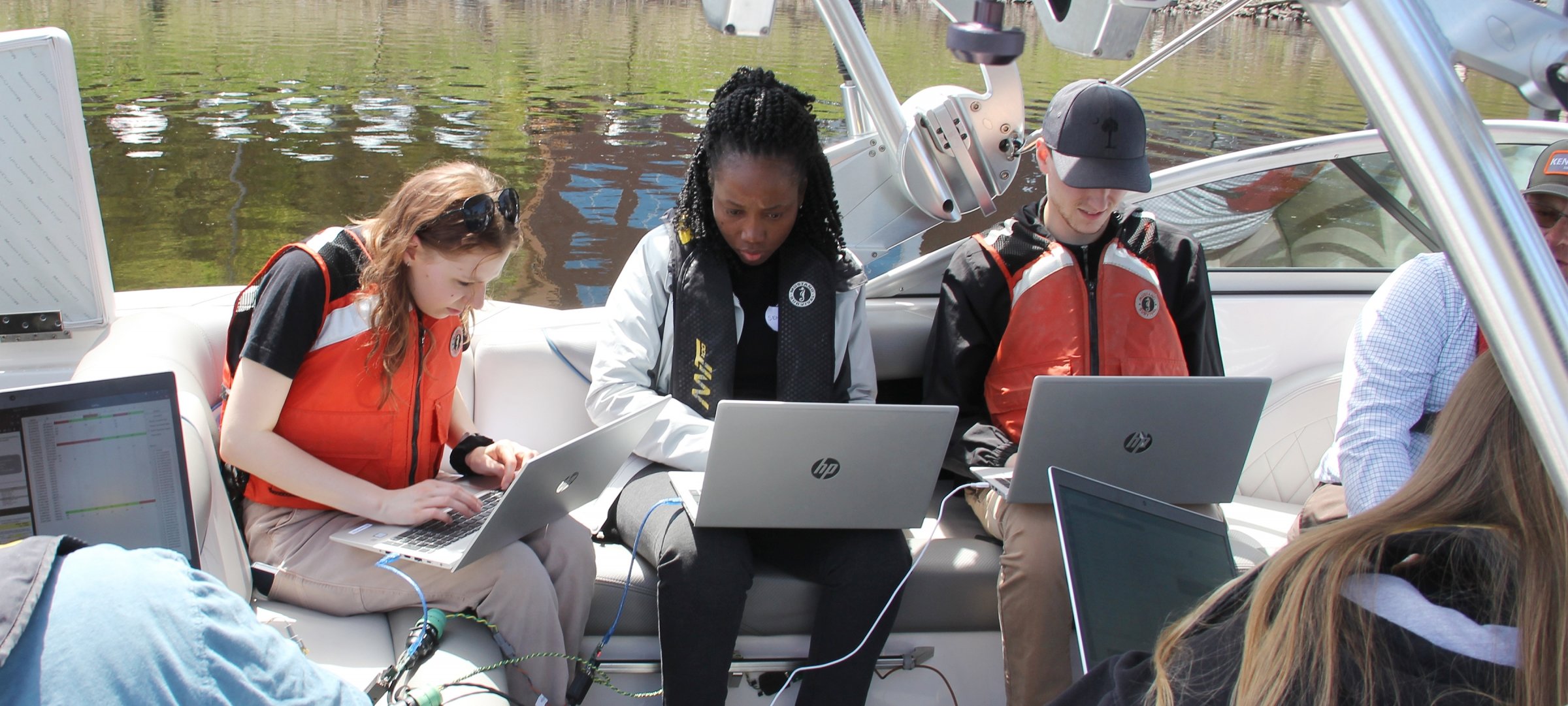Faculty Labs and Websites
- Brown's current projects include the RICA Project: Rich, Immediate Critique of Antipatterns
in Student Code; the DOM Project; and Michigan Community & Anishinaabe Renewable Energy
Systems (MICARES). Brown is also researching Bayesian Networks and Feature Selection
and Persistence in Engineering and Computer Science.
- The KC Lab, directed by Dukka KC, Computer Science, research areas lie in computational data science with applications
to bioinformatics, computational biology, health informatics, etc. Among others, the
KC Lab is focused on developing computational tools to decipher relationships between
protein sequence, structure, function, and evolution. Currently, the lab is developing
machine learning and deep learning-based approaches to characterize protein post-translational
modification that are known to be the main drivers of increasing the diversity of
proteome.
- Oommen's research efforts focus on developing improved susceptibility characterization
and documentation of geo-hazards (e.g. earthquakes, landslides) and spatial modeling
of georesource (e.g. mineral deposits) over a range of spatial scales and data types.
To achieve his research interests, he has adopted an inter-disciplinary research approach
from two main areas, specifically: aerial/satellite based remote sensing for obtaining
data, and artificial intelligence/machine learning based methods for data processing
and modeling.
- The Robotics and Remote Sensing Lab (RRSL), directed by Ashraf Saleem, Applied Computing, supports research into the design and integration of robotic
systems, data acquisition, and AI data analysis tools to be deployed in solving real-life
problems in the Upper Peninsula area. Applications include smart and autonomous sensing,
forest health monitoring, lake ecosystem monitoring, precision agriculture, under-ice
research, and infrastructure monitoring.
- Human activities (such as the intensive use of fossil fuel, urbanization, deforestation,
agricultural expansion, or intensification) have been imposing significant perturbations
to the atmosphere. We are interested in a wide range of research topics related to
global environmental change, especially the interactions among emissions, climate,
atmospheric chemistry, air quality, land use/land cover, and biosphere-atmosphere
exchange.
